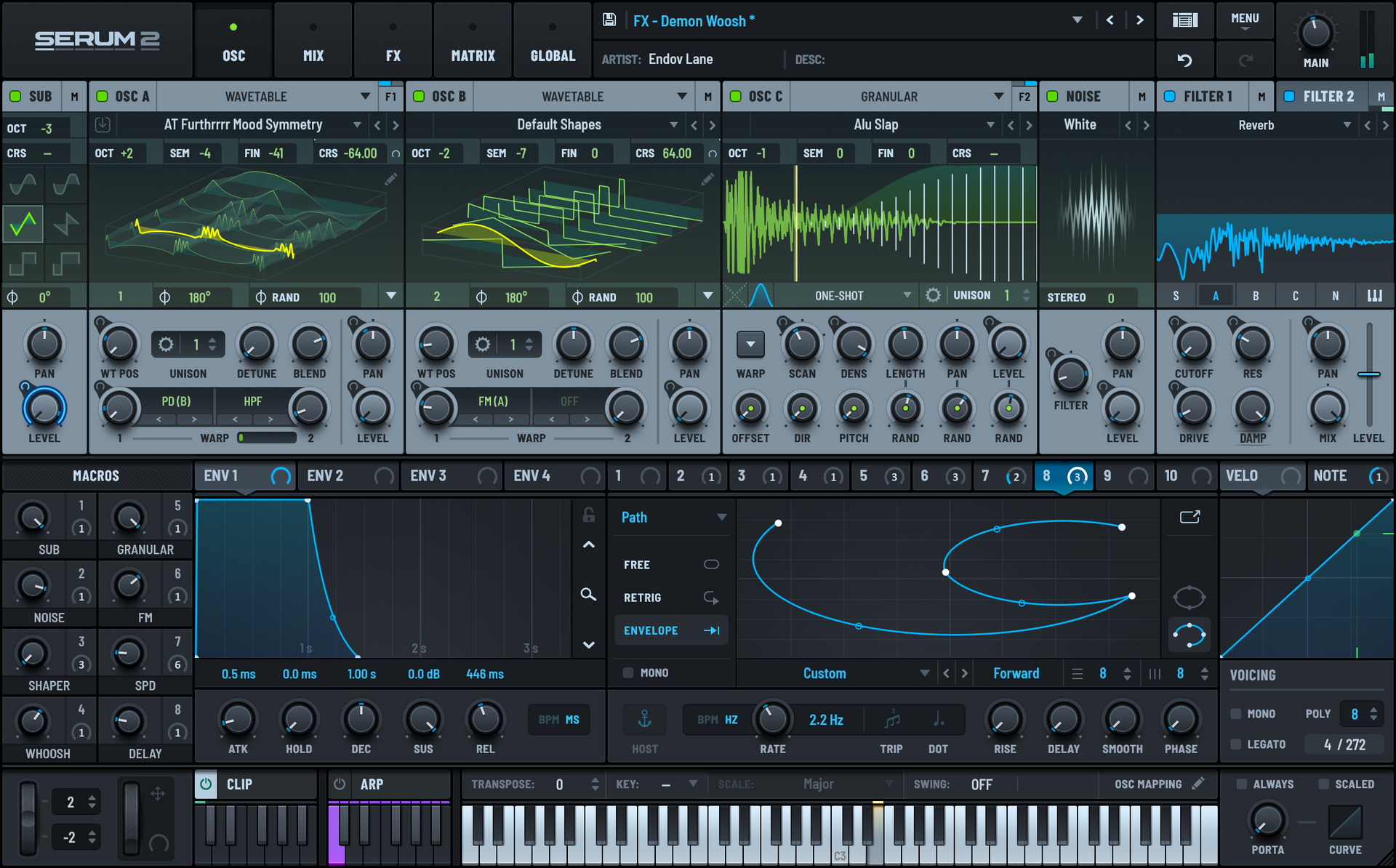How to Get a Music Manager: Essential Steps for Success
Navigating the music industry can be a challenging endeavor for any artist. Amid the myriad responsibilities and tasks, a music manager becomes an indispensable ally. If you’re wondering how to get a music manager, this comprehensive guide is designed to provide you with the insights and strategies necessary to secure professional representation and elevate your music career.
A crucial aspect of music management is artist development, where managers guide artists through their growth and the complexities of the music industry.

Do you wan to become a music manager? Discover how to become a music manager with our comprehensive guide.
How to Get a Music Manager That Will Guide Your Career Development
Understanding the Music Industry and Music Managers
To get a music manager that will guide your career, it’s essential to understand the music industry and the role of music managers. The music industry is a complex system with many stakeholders, including artists, managers, labels, and publishers. Music managers play a crucial role in the industry, serving as a liaison between the artist and other industry professionals. They handle various aspects of an artist’s career, including business negotiations, marketing strategies, tour planning, and day-to-day operations.
Understanding the Role of a Music Manager
An artist manager plays a pivotal role in shaping an artist’s career by coordinating various teams and managing contract structures. They handle various tasks, from business negotiations to marketing strategies, allowing the artist to focus on their craft and live performances. Managers are instrumental in opening doors to new opportunities, negotiating deals, and managing day-to-day operations. The benefits of having a music manager include streamlined career development, increased exposure, and strategic growth within the industry.
Assessing Your Readiness
Before seeking a music manager, it’s crucial to assess whether you’re ready for one. During the early stages of an artist's career, having a music manager can be vital due to the transitional nature of this phase. Consider if you have a solid foundation—consistent music releases, an established fanbase, and a clear artist identity. Being prepared enhances your attractiveness to potential managers and demonstrates your commitment and professionalism.
Crafting Your Unique Artist Identity and Artist Development
Defining your brand is a critical step in attracting a music manager. Artist development plays a crucial role in crafting a unique artist identity and assembling an effective team. Your unique artist identity sets you apart in the crowded music landscape. Develop a compelling narrative about who you are as an artist, what your music represents, and what your goals are. A strong online presence, including an engaging website and active social media profiles, is essential for showcasing your brand.
Building a Professional Network
Networking is a powerful tool in the music industry. Connect with industry professionals, attend music events, and participate in conferences. Building relationships with other artists, producers, and industry insiders can lead to valuable introductions to potential managers.

How to Get Noticed by a Music Manager
1. Create an Impressive EPK (Electronic Press Kit)
An Electronic Press Kit (EPK) is your professional resume. It should include your biography, music samples, press photos, videos, and notable achievements. In the realm of artist management, a well-crafted EPK provides managers with a comprehensive view of your career and potential, increasing your chances of making a strong impression.
2. Release Quality Music Consistently
Regular music releases are vital for maintaining and growing your audience. Consistency in your music output demonstrates your dedication and keeps your fanbase engaged. Effective promotion strategies, such as leveraging social media and engaging with music blogs, are essential for maximizing the reach of your releases.
3. Gain a Loyal Fanbase
A loyal and engaged fanbase (even a small one) is a significant asset when seeking a music manager. Engage with your audience through social media, live performances, and personalized interactions. Strategies such as exclusive content, fan clubs, and interactive experiences can help grow and maintain your fanbase.
4. Leverage Social Media
Social media platforms are indispensable tools for musicians. Each platform offers unique ways to connect with fans and promote your music. Understanding how to utilize social media platforms effectively can significantly enhance your visibility and attract potential managers.
5. Showcase Your Live Performances
Live performances are a critical aspect of a music career. For successful artists, live performances can significantly influence a manager's decision, as they showcase the artist's potential and ability to engage an audience. They provide exposure, build your fanbase, and demonstrate your performance skills to potential managers. Focus on booking regular gigs, participating in music festivals, and honing your live performance abilities.
6. Collaborate with Other Artists
Collaboration can open new avenues for exposure and growth. Working with other artists can introduce you to their fanbases and networks. Seek out collaboration opportunities that align with your music style and brand, and ensure they are mutually beneficial.
7. Creating a Professional Online Presence
In today’s digital age, having a professional online presence is crucial for artists. A well-designed website and active social media profiles are essential for showcasing your brand and connecting with industry professionals. Your online presence should include your biography, music samples, press photos, videos, and notable achievements. This will provide managers with a comprehensive view of your career and potential.
Legal Considerations
Protecting your music rights is crucial. Record labels play a significant role in supporting artists and navigating career development. Consider legal aspects such as copyright, trademarks, and performance rights. Hiring a lawyer experienced in the music industry can provide valuable guidance and ensure your rights are safeguarded. You can learn the basics of this in our Music Business and Music Production courses.
Tips on Reaching Out and Engaging With Potential Managers
When reaching out to potential managers, craft a compelling email that highlights your achievements, music style, and career goals. Include your EPK, links to your music, and reasons why you believe a partnership would be mutually beneficial. A well-thought-out pitch increases your chances of catching a manager’s interest.
Researching Music Management Companies
When searching for a music manager, it’s essential to research music management companies. Look for companies that have a track record of success in your genre and have experience working with artists at your level. Check their client roster and read reviews from other artists. You can also attend music industry events and conferences to network with managers and learn more about their companies.
Additionally, you can use online directories such as the Music Managers Forum (MMF) and the Unsigned Guide to find managers who specialize in your genre. These directories can provide valuable information about managers, including their experience, client roster, and contact information.
When reaching out to potential managers, make sure to craft a compelling email that highlights your achievements, music style, and career goals. Include your EPK, links to your music, and reasons why you believe a partnership would be mutually beneficial. A well-thought-out pitch increases your chances of catching a manager’s interest.
Remember to take your time when choosing a manager, and never sign a contract until you’ve had it checked by a legal expert. With the right manager, you can navigate the complexities of the music industry and achieve long-term success.
Utilizing Music Industry Platforms and Networks
Several online platforms are designed to connect artists with industry professionals, including managers. Sites like ReverbNation, Sonicbids, and Music Gateway offer opportunities to showcase your music and connect with potential managers. Use these platforms to expand your reach and network.
Understanding Music Contracts
Familiarize yourself with the basics of music contracts. Understanding common terms and clauses helps you navigate agreements with managers and other industry professionals. Knowledge of contracts empowers you to make informed decisions and protect your interests.
Preparing for Meetings with Managers
When meeting potential managers, come prepared with your EPK, a list of your achievements, and a clear vision for your career. Asking insightful questions about their experience, client roster, and management style helps you determine if they are the right fit for you.
Negotiating Management Deals
Negotiation is a key part of securing a management deal. The financial aspects of talent management, including commission rates and the complexity of management structures, play a crucial role in these negotiations. Focus on important points such as commission rates, contract duration, and the scope of services. Be aware of red flags, such as unreasonable demands or lack of transparency, and ensure the terms are fair and mutually beneficial.
Maintaining a Good Relationship with Your Manager
A positive relationship with your manager is essential for long-term success. Effective communication, setting clear expectations, and addressing issues promptly help maintain a healthy partnership. Building trust and mutual respect ensures a productive and collaborative relationship.
VIDEO: Krewella's manager Jake Udell sits with Icon's Music Business instructor Nik Cherwink to discuss the group's meteoric rise to success and what it takes to make it in the music industry.
Conclusion
Securing a music manager is a significant milestone in an artist’s career. A music manager plays a crucial role in overseeing and guiding the development of an artist's career, including areas such as crisis management, financial planning, and strategic growth. By understanding the role of a manager, assessing your readiness, building a solid foundation, and effectively networking, you can increase your chances of attracting the right professional to guide your journey. With dedication, strategic planning, and the right support, you can navigate the complexities of the music industry and achieve long-term success.
Frequently Asked Questions
What does a music manager do?
A music manager handles various aspects of an artist's career, including business negotiations, marketing strategies, tour planning, and day-to-day operations. They serve as a liaison between the artist and other industry professionals.
How do I know if I need a music manager?
You might need a music manager if you have a growing career, consistent music releases, and an established fanbase. If you're struggling to manage your career's business and promotional aspects, a manager can provide valuable support.
What should I look for in a music manager?
Look for a manager with industry experience, a solid network, and a genuine interest in your music. They should have a track record of successful client management and be someone you can trust and communicate effectively with.
How much does a music manager cost?
Music managers typically work on a commission basis, usually taking 15-20% of the artist's earnings. The exact rate can vary based on the manager's experience, the artist's career stage, and the specific agreement terms.
Can I have more than one music manager?
While it's possible to have multiple managers, it's essential to have clear agreements outlining each manager's responsibilities to avoid conflicts. Some artists may have specialized managers for different aspects of their careers.
How can I end a contract with a music manager?
To end a contract with a music manager, review the termination clause in your agreement. Follow the specified process, provide necessary notices, and consult a lawyer if needed to ensure a smooth and legal termination.



